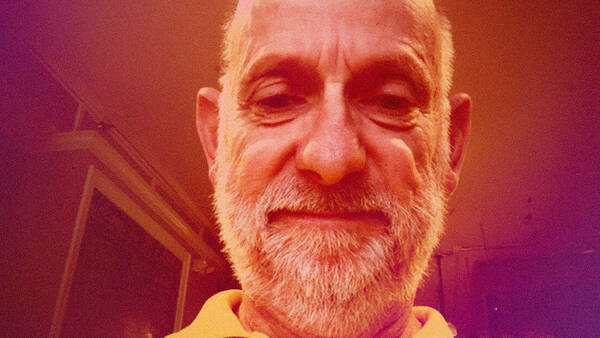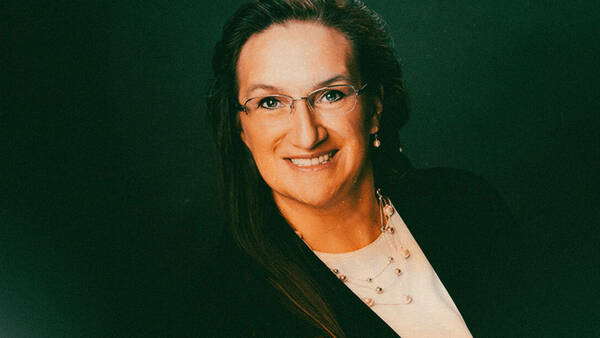Had Marybeth Christie Redmond ’85 attended Notre Dame only a few years earlier than she did, her life might have gone in an entirely different direction, and she might never have ended up working in a Vermont women’s prison.
But as fate would have it, she was a student in 1983 when the Center for Social Concerns opened. As she would come to see later, her involvement with the center would fundamentally affect her identity, her purpose, and her future.
It would influence the arc of her life, leading her to reach out to those less fortunate and help tell their stories in powerful ways, as a journalist, an educator, and an instructor who brought writing to incarcerated women.
“The center was a very important part of my formation as a person,” Redmond says. “The seeds planted during that time blossomed and flourished at different points in my life many years down the road.”
Developing Empathy for the Marginalized
The activities, courses, and people that Redmond found through the Center for Social Concerns led her to develop relationships with those marginalized by society. One of the forces encouraging her there was the late Rev. Donald P. McNeill, C.S.C., '58, the center’s founding director.
“He was an inspiring mentor for me in terms of helping me understand the importance of stepping outside of my comfortable, well-worn pathways in life,” she says. “As privileged people, he communicated how important it was (and is) to cross borders and engage with people who have different perspectives, who come from different realities and socioeconomics—to leave our bubbles of privilege.”
Giving Voice to the Voiceless
Redmond found that she could spread that sense of perspective through another passion of hers: writing.
“Giving voice to people without one is really something that was sparked in me when I was involved with the Center for Social Concerns,” she says. “I feel like my goal in life is to use my skills to amplify those voices that don’t have access to power, prestige, or networks and can’t figure out how to get their voice out there.”
Over the years, she has found a number of avenues to bring underrepresented voices forward. While working as a journalist, she covered people and issues that typically didn’t attract as much attention or lead the evening newscast.
“When I was a journalist, my fellow reporters would want to cover major political stories or the latest VIPs coming into town, and I was always willing to cover the social issues,” she says. “I was really interested in stories about systems that compromise the dignity of people.”
Redmond worked to impart these values to the next generation of reporters during her time as a journalism instructor at Saint Michael’s College in Vermont.
“When I taught, my focus with students was to get them to cover marginalized communities,” she says. “We have a very large refugee community here in Burlington, and so my job was to get them to cover those underserved communities you don’t hear about in the news.”
After leaving journalism, Redmond brought her pen and her compassion to a place where voices are not just ignored, but trapped.
Bringing Compassion to the Imprisoned
In 2010, she and a colleague founded writing inside VT, a program that holds weekly writing circles in Vermont’s only women’s correctional facility and has served nearly 300 women. Redmond, her co-founder, and other volunteers led the incarcerated women in writing exercises that had a profound effect on them.
“What the program has developed is this sense of healthy, compassionate community where women can share their innermost thoughts and reflections, and envision their lives going forward,” she says. “They come to believe that ‘I am worthy and valuable, and I am much more than a convicted criminal.’”
These women received a tangible validation of their voices when a book of their writings, Hear Me, See Me: Incarcerated Women Write, was published in 2013.
Redmond, who now works for Vermont Story Lab, an organization that helps nonprofits weave storytelling through the fabric of their organizations, says the reason she works so hard to move others is because she has been so moved herself.
It was in her classes with Father McNeill, she says, that she learned the importance of a establishing a “mutual or reciprocal relationship” with those living on the margins.
“It’s not about you parachuting in and band-aiding whatever situation you face or figuring it out for another person,” she says. “It’s about you letting go of your own agenda and engaging with people in a present-moment way and seeing what the relationship has to teach you.”
To learn more about the work writing inside VT does to help incarcerated women, please visit writinginsidevt.com.



